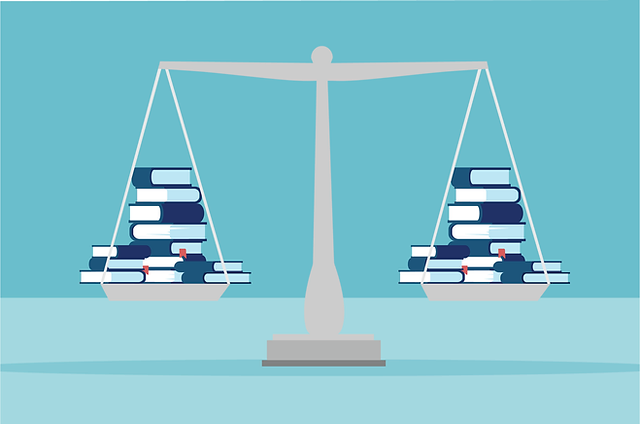Introduction
Literacy is not merely the ability to read and write; it is the foundation of learning, communication, and empowerment. In today’s rapidly evolving world, literacy plays a crucial role in enabling individuals to navigate information, participate fully in society, and achieve their full potential. In this blog, we’ll explore the importance of literacy and its impact on personal, social, and economic development.
Empowering Individuals
At its core, literacy empowers individuals to access and engage with information, ideas, and opportunities. The ability to read enables individuals to explore diverse perspectives, expand their knowledge, and pursue their interests. Likewise, the ability to write allows individuals to express themselves, communicate effectively, and advocate for their needs and aspirations. Whether it’s reading a book, writing a resume, or navigating the internet, literacy is essential for participating fully in modern life.
Promoting Social Inclusion
Literacy is a fundamental tool for promoting social inclusion and equity. In societies where literacy rates are high, individuals have greater access to education, employment, healthcare, and civic participation. Literacy empowers marginalized and disadvantaged groups, including women, minorities, and individuals with disabilities, by providing them with the skills and opportunities to overcome barriers and advocate for their rights. By promoting literacy for all, we can work towards creating a more equitable and inclusive society.
Driving Economic Development
Literacy is a driving force behind economic development and prosperity. A literate workforce is essential for fostering innovation, productivity, and economic growth in a knowledge-based economy. Individuals with higher levels of literacy are more likely to secure stable employment, higher wages, and opportunities for advancement. Moreover, literacy is closely linked to entrepreneurship, as it enables individuals to start businesses, access financial resources, and contribute to economic development in their communities.
Fostering Lifelong Learning
Literacy is the gateway to lifelong learning and personal growth. In a rapidly changing world, the ability to learn, adapt, and acquire new skills is essential for success. Literate individuals are better equipped to navigate the complexities of the modern world, critically evaluate information, and make informed decisions. Moreover, literacy fosters a love of learning and curiosity that extends beyond formal education, enabling individuals to pursue their passions and interests throughout their lives.
Challenges and Opportunities
Despite its importance, literacy remains a challenge for millions of people around the world. According to UNESCO, approximately 773 million adults lack basic literacy skills, with the majority residing in low-income countries and marginalized communities. Addressing the global literacy gap requires concerted efforts and investments in education, teacher training, literacy programs, and community outreach initiatives. By prioritizing literacy, we can unlock the potential of individuals and communities, break the cycle of poverty, and build a brighter future for all.
Conclusion
In conclusion, literacy is a fundamental human right and a catalyst for personal, social, and economic development. By empowering individuals, promoting social inclusion, driving economic development, fostering lifelong learning, and addressing challenges, literacy has the power to transform lives and societies. As we work towards a more equitable and prosperous future, let us recognize the importance of literacy and commit to ensuring that every individual has the opportunity to unlock their full potential through education and literacy.





